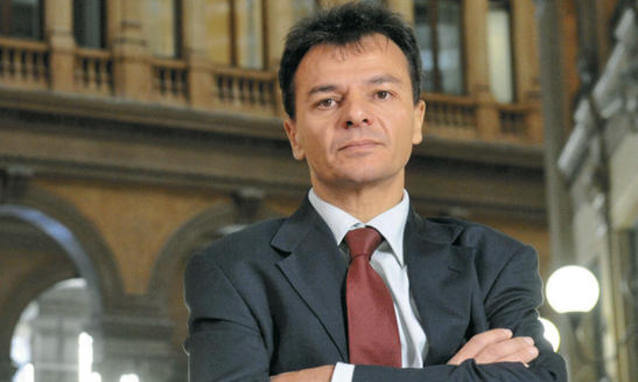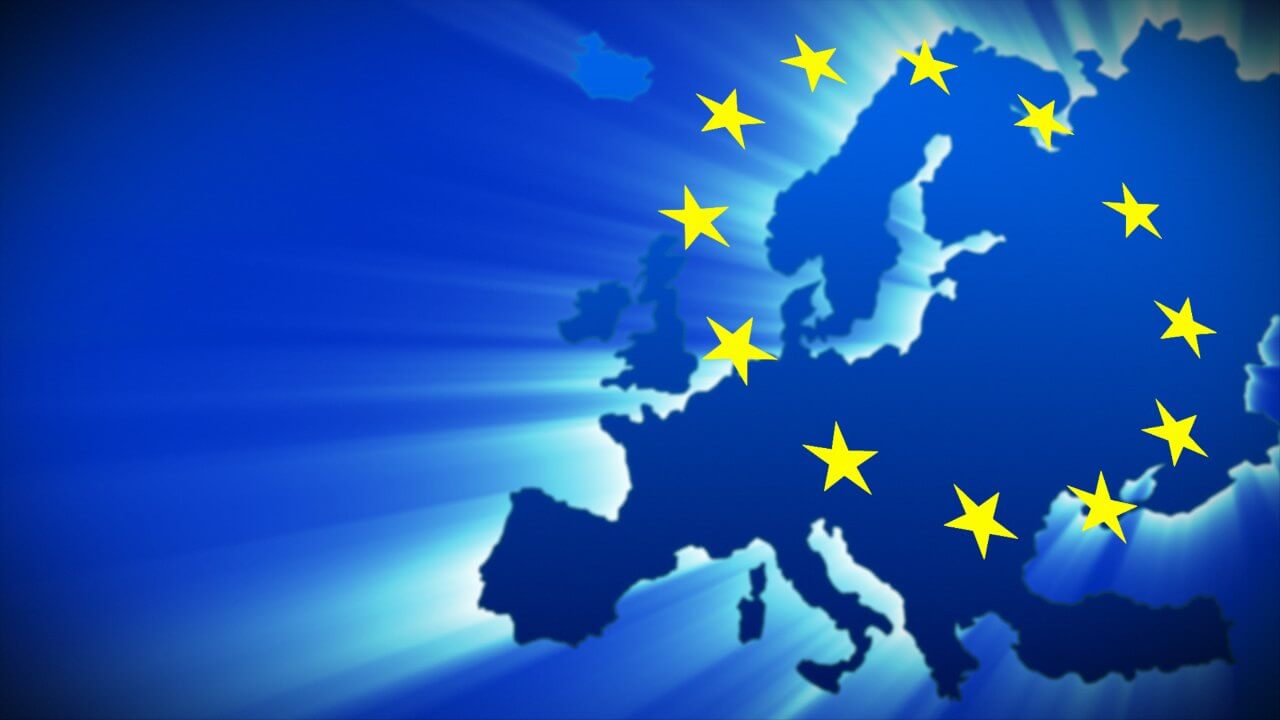By Walter Baier
It is true that the European Union, or rather its predecessors, the European Coal and Steel Community, the EEC and the EC, have never been the projects for peace and human rights as which they were introduced to us. Those have to be disappointed now who allowed themselves to be deceived.
Does that mean that the idea of a European unification is nothing more than reactionary nonsense?
Indeed, the protagonists of the Left already discussed Europe before the outbreak of World War I. Contrary to Rosa Luxemburg’s cosmopolitan concept and to Otto Bauer’s idea of a European confederation based on national and cultural autonomy, W. I. Lenin insisted on the rigorous application of the right to self-determination. By that he hit the spirit of the age, but the principle of the nation state as embodied in the peace treaties of 1918 turned out a devastating explosive device, to explode in fascism and war.
For that reason it was obvious that anti-fascists of all parties who had fought a patriotic and at the same time a European struggle in concentration camps and resistance movements, wanted to see the new Europe as a unified one. That can be gleaned from the Buchenwald Manifesto of the Socialists as well as the Manifesto of Ventotene, which the communist and resistance fighter Altiero Spinelli and his fellow prisoners penned in 1941 drafting the future of a federal and socialist Europe.
These and other hopes of the anti-fascists were disappointed. The foundation of the European Coal and Steel Community which, according to the wishes of the USA, supplemented NATO in 1951, reflected a split of the continent. The economic integration of Western Europe proved compatible with the social welfare state as long as the later could rely on majorities in the individual states. However, in the economic crisis of the 1970s this compromise became fragile, and with the collapse of state socialism it became obsolete. Finally, the Maastricht Treaty of 1992 created a monetary union following the standards of the German Federal Bank and elevating Neo-Liberalism to the basic principle of the EU.
This is also the right place to call back to memory that neither the Treaty of Maastricht nor the neoliberal restructuring of the individual states could have taken place without the active support of the Social Democratic parties. It was Social Democratic parties that together with the Conservatives and the Liberals saw to it in 2005 that the neoliberal EU-draft constitution, which had been rejected in France and the Netherlands in referenda, experienced a resurrection in the form of a treaty between governments.
Today the European question arises as a political one in the first place. Which relations between the European states do we consider as most suitable to tackle the big problems – economic crisis, solidarity with refugees, climate change etc.? A Europe of 28, 35 or 50 national currencies, nation states and border regimes, in which the most powerful states compete for predominance with all available means? Is this our notion of a European environment of social progress and social transformation?
We were among those who have, right from the start, drawn attention to the difficulties and resistances the SYRIZA-government was confronted with.
It is necessary to correctly read what happened in the negotiations between the Greek government and the creditors in order to gain new strength. The 18 heads of state and government of the Euro group, which have de facto subjected Greece to another round of austerity, can neither hide behind economic necessities nor behind European treaties. They have based their decisions on political motives alone, in order to set an example of a state representing not more than 2 percent of the EU. Europe’s Social Democrats have collaborated while the EL, that European party acting in solidarity with Greece, stands at 8 % in elections. If we do the sums with regard to the states, the trade unions and social movements we will end up with the political power relations that were presented to us on 13 July.
Neither in the states, except in Greece, nor on the European level has the left succeeded in breaking neoliberal hegemony and building majorities for an alternative politics. But without majorities it is impossible to transform society either in the individual states or in Europe.
A discussion on exiting the euro or the EU is not a taboo, but it does not help us unless we thought it could make it easier to win majorities. However, this area is already occupied. Are we able to compete with the radical right on its own territory? How futile this would be is shown by historical and contemporary examples.











